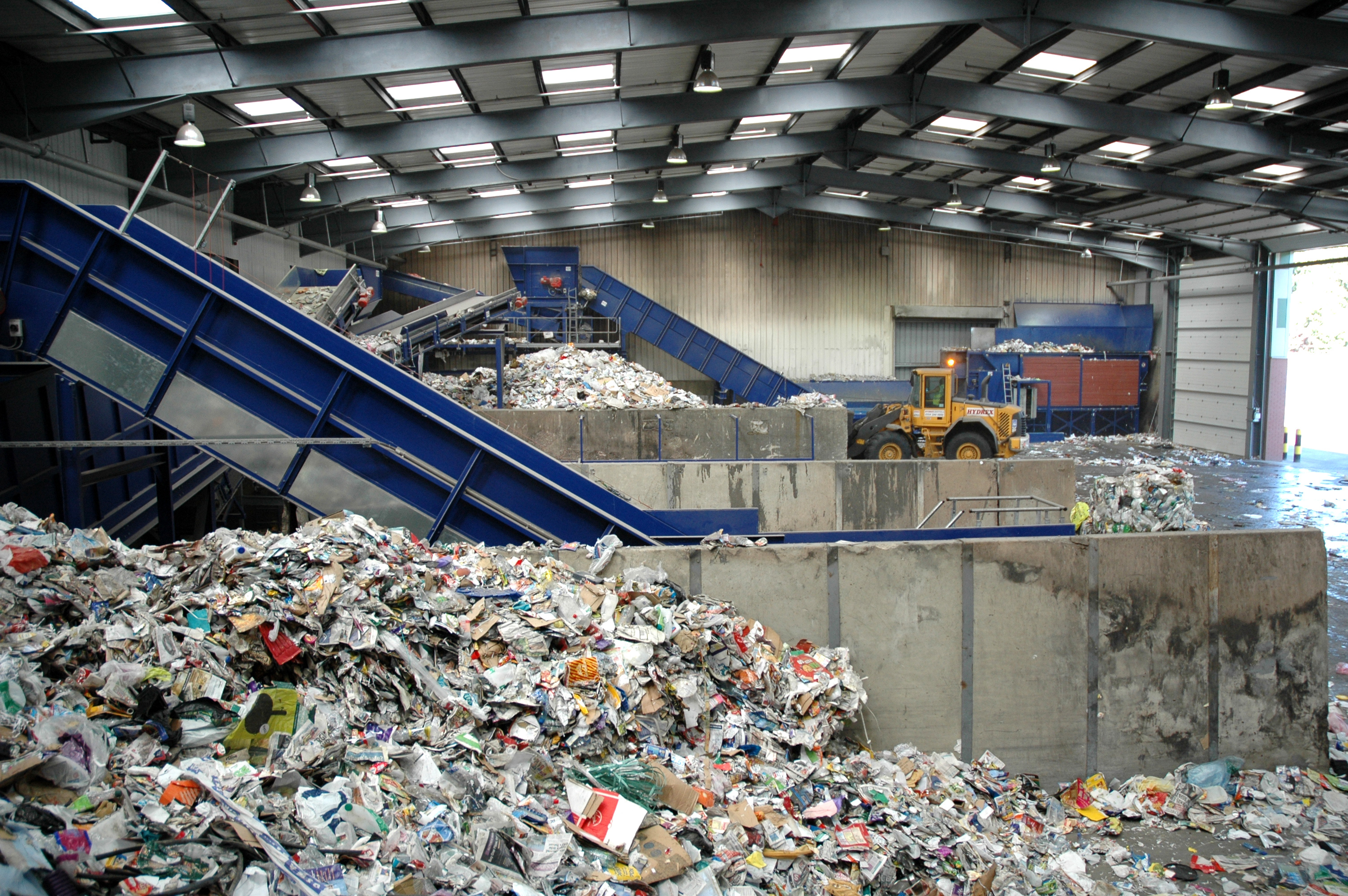
Waste management innovations are transforming how we handle and process waste. These advancements are essential in creating a more sustainable and environmentally friendly future. From revolutionary recycling technologies to smart waste collection systems, innovations are paving the way for a cleaner planet. This article explores the key innovations reshaping waste management, addressing the challenges faced by communities and presenting impactful solutions. This thorough guide will explore the details of these cutting-edge waste management techniques and discuss their benefits, feasibility, and implementation strategies. The article will also look at the various types of waste that can be managed using these innovations, and the overall effects on the environment and the economy.
Understanding the Urgency of Waste Management Innovations
The Global Waste Crisis
The global production and disposal of waste continues to boost at an alarming rate. This escalation has significant environmental consequences and poses substantial challenges to our communities. Landfills are overflowing, pollution is increasing, and valuable resources are being wasted. Innovative waste management solutions are no longer optional; they are essential for mitigating these growing problems. Landfill space is becoming increasingly scarce, and traditional waste disposal methods are no longer sustainable. The requirement for inventive approaches to managing waste is paramount. Studies have shown that global waste generation has risen dramatically in recent decades due to boostd consumption and population growth. The need for solutions is clear. ### Innovative Approaches to Tackle the Crisis
Numerous organizations are actively pursuing cutting-edge approaches to address these growing concerns. They are implementing new technologies and techniques for better waste management. Waste management innovations are key to ensuring our planet’s sustainability. Such solutions require proactive participation, and the commitment of both public and private sectors.
Advanced Recycling Technologies
Enhancing Recycling Rates
Advanced recycling technologies, such as mechanical and chemical recycling methods, are improving recycling rates and recovering valuable materials from waste streams. Advanced mechanical sorting systems can accurately separate materials like plastics and metals, leading to higher-quality recycled products. Additionally, chemical recycling processes are being refined to break down complex materials into basic components, opening up the possibility for new and novel applications of recycled material.
Smart Waste Collection Systems
Optimizing Efficiency
Smart waste collection systems use technology to maximize routes and scheduling, minimizing costs, and maximizing efficiency. Sensors and GPS tracking can monitor the location and status of waste bins, enabling real-time adjustments to collection schedules, ultimately reducing fuel consumption and waste handling costs. This system also helps improve the safety of workers involved in waste collection.
Waste-to-Energy Facilities
Harnessing Waste's Potential
Waste-to-energy facilities convert non-recyclable waste into usable energy, reducing reliance on fossil fuels and lessening the environmental impact. This process can create electricity and heat, providing an alternative energy source. The technology also involves managing hazardous substances and toxic materials, mitigating environmental pollution and preventing harm to ecosystems.
Related Post : Data Privacy Concerns: Protecting Consumer Information in Business Industries
Circular Economy Models
Promoting Sustainability
Circular economy models promote the idea of reducing waste and maximizing resource utilization. By implementing strategies that prioritize reuse and recycling, these models aim for a closed-loop system where waste becomes raw material for new products. This approach reduces the need for new materials extraction, which in turn reduces the environmental impact.
Waste Audits and Prevention Strategies
determineing Weak Points and Improving Outcomes
Waste audits offer valuable insights into how waste is generated and managed within an organization or community. The information gathered aids in the identification of waste-generating activities and opportunities to reduce or eliminate them. Implementing preventative measures involves modifying production processes, changing consumer behavior, and raising awareness about the importance of sustainable practices.
Efficient Waste Collection Methods
Enhancing Operational efficacy
Efficient waste collection methods can significantly improve the overall efficacy and sustainability of waste management initiatives. This includes the adoption of maximized routes, the use of efficient vehicles, and the strategic placement of collection points.
Innovative Waste Sorting Systems
Maximizing Resource Recovery
Innovative waste sorting systems employ automated technologies, such as optical sensors and AI-powered algorithms, to efficiently and accurately sort waste materials. This leads to enhanced recovery of valuable resources and minimizing contamination of recyclable materials.
Case Studies and Examples
Real-World Implementations
Numerous examples illustrate the achievement of waste management innovations. For instance, achievementful initiatives in cities like Amsterdam have implemented advanced sorting systems, significantly increasing recycling rates and reducing waste in landfills. These examples demonstrate how effective waste management innovations can transform communities and foster a more sustainable approach to waste handling. The achievementful implementations highlight the potential of these innovations for cities and communities worldwide.
In conclusion, waste management innovations are crucial for a sustainable future. By embracing these advancements, communities can achieve significant environmental benefits and economic gains. Implementing these solutions can lead to a reduction in landfill waste, a decrease in pollution, and a more efficient use of resources. Further study and investment in these innovative approaches are vital for long-term progress. Contact us today for a consultation on how our waste management solutions can benefit your community!